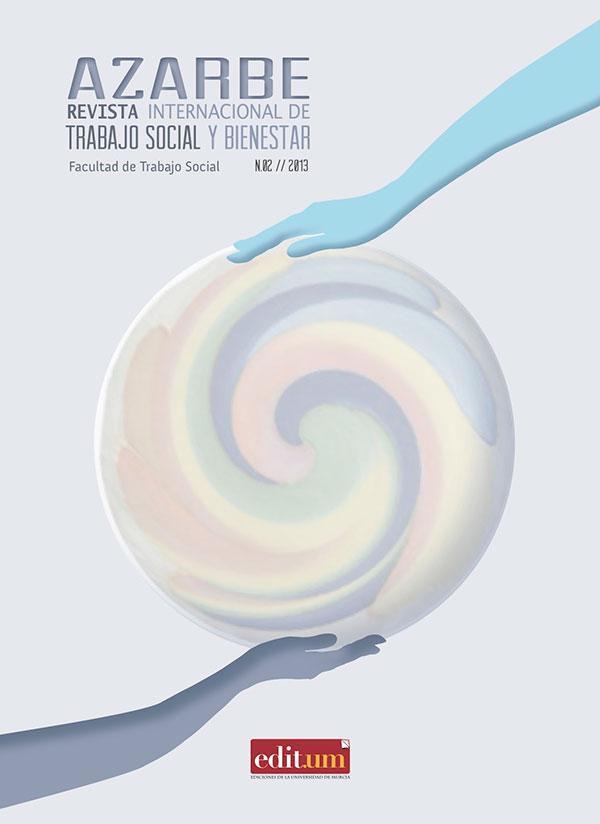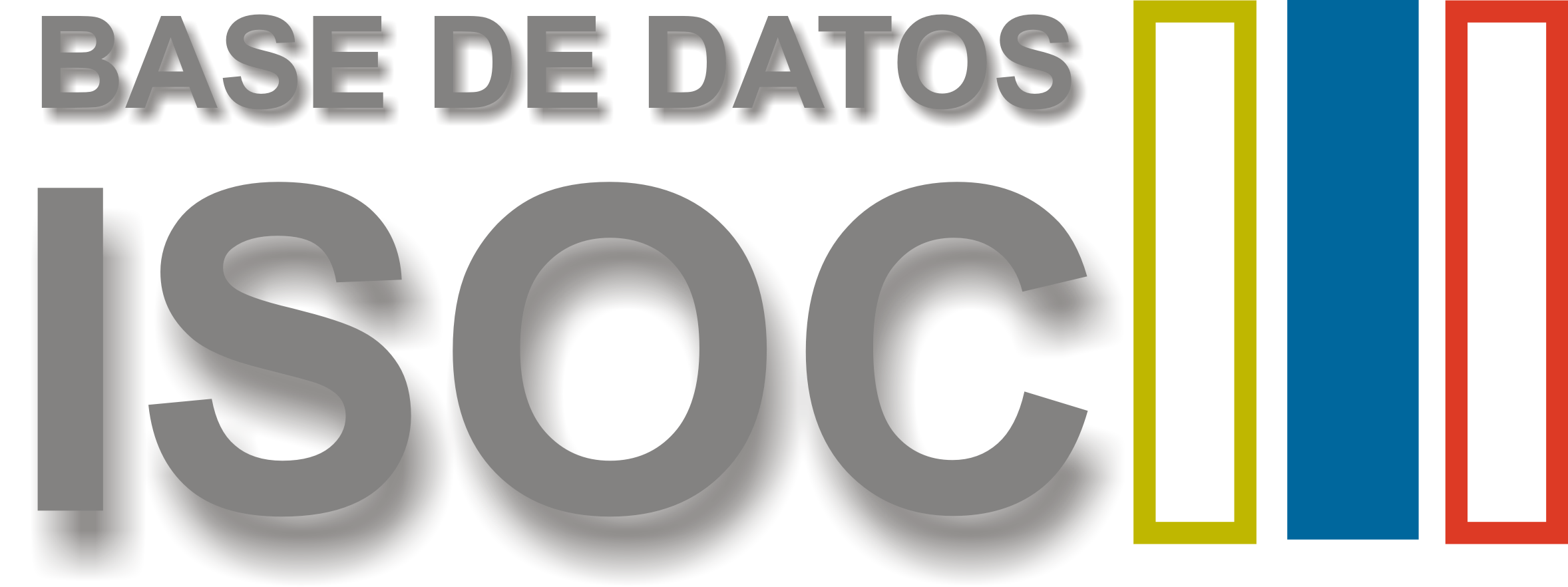Health Inequalities and Active Aging: What Can Social Workers Do?
Abstract
The ongoing Eurozone crisis brought Spain harsh austerity measures of higher tax and cuts in medical care and social services. The growing economic hardship may lead to greater economic inequality. Income inequality, in turn, could cause inequitable health differences in population, called “health inequalities.” All of the events pose great challenges and risk to older adults, and threatens their efforts toward achieving healthy and active aging in Spain. This paper provides an overview of health inequalities in Spain and active aging, and discusses the potential roles of social workers in reducing health inequalities while promoting active aging for older adults in Spain. Continued efforts for active aging could prevent health inequalities from adversely affecting older adults during the difficult economic times. Social workers are perfectly positioned to help older adults to achieve the active aging. It concludes with a description of an intervention program in the United States that demonstrates the role of social workers in ensuring successful and active aging for vulnerable old adults.Downloads
-
Abstract423
-
PDF (Español (España))257
Las obras que se publican en esta revista están sujetas a los siguientes términos:
1. El Servicio de Publicaciones de la Universidad de Murcia (la editorial) conserva los derechos patrimoniales (copyright) de las obras publicadas, y favorece y permite la reutilización de las mismas bajo la licencia de uso indicada en el punto 2.
2. Las obras se publican en la edición electrónica de la revista bajo una licencia Creative Commons Reconocimiento-NoComercial-SinObraDerivada 3.0 España (texto legal). Se pueden copiar, usar, difundir, transmitir y exponer públicamente, siempre que: i) se cite la autoría y la fuente original de su publicación (revista, editorial y URL de la obra); ii) no se usen para fines comerciales; iii) se mencione la existencia y especificaciones de esta licencia de uso.
3. Condiciones de auto-archivo. Se permite y se anima a los autores a difundir electrónicamente las versiones pre-print (versión antes de ser evaluada) y/o post-print (versión evaluada y aceptada para su publicación) de sus obras antes de su publicación, ya que favorece su circulación y difusión más temprana y con ello un posible aumento en su citación y alcance entre la comunidad académica. Color RoMEO: verde.














